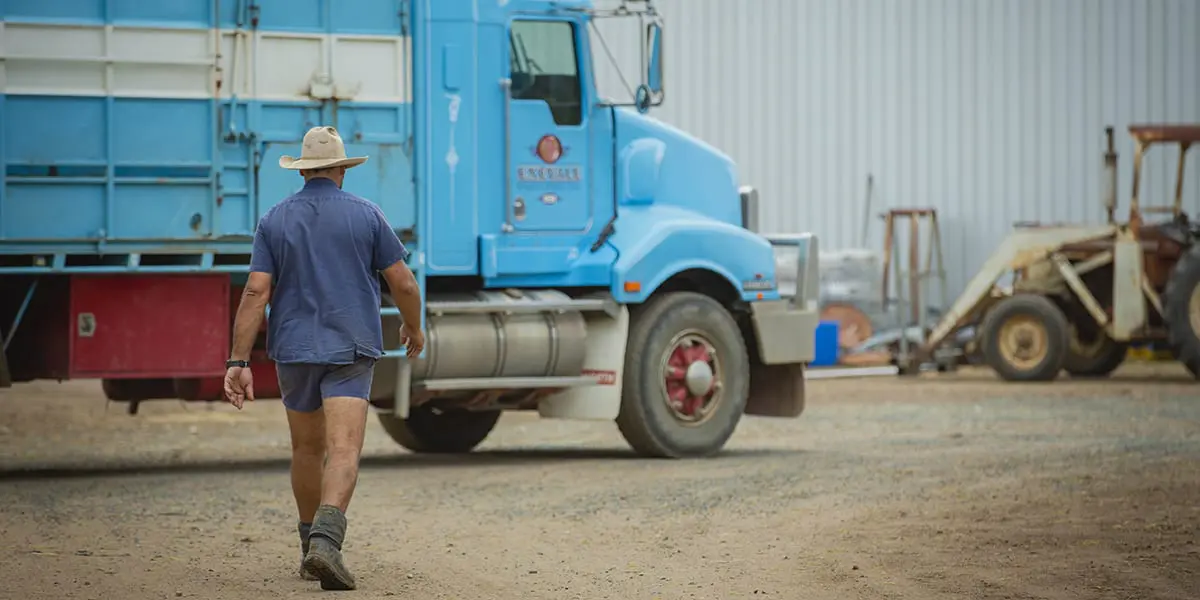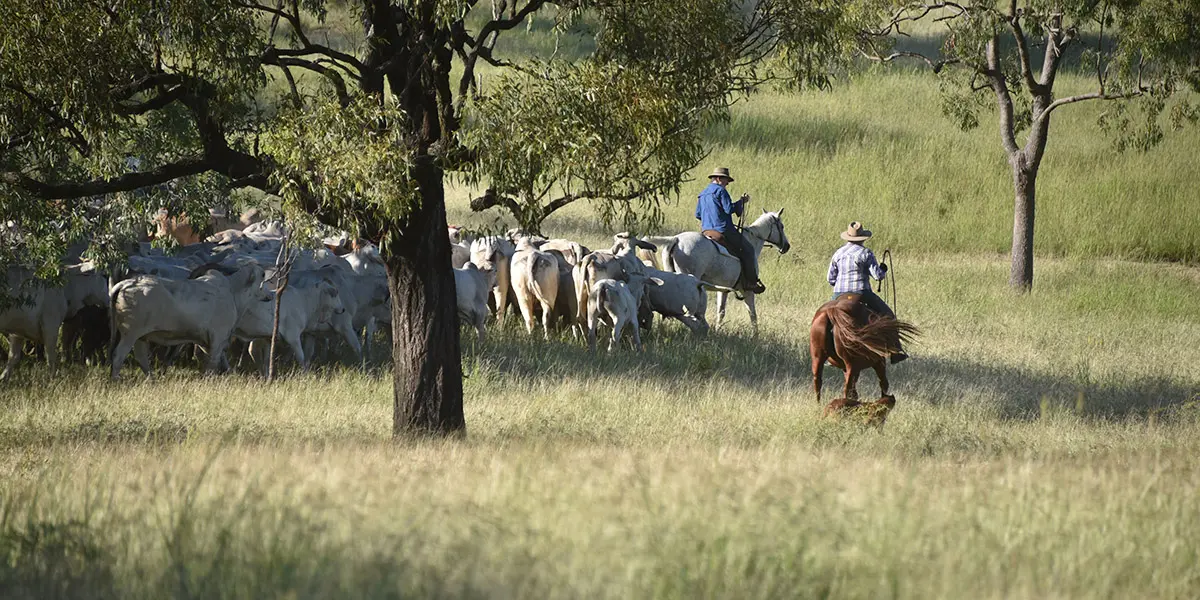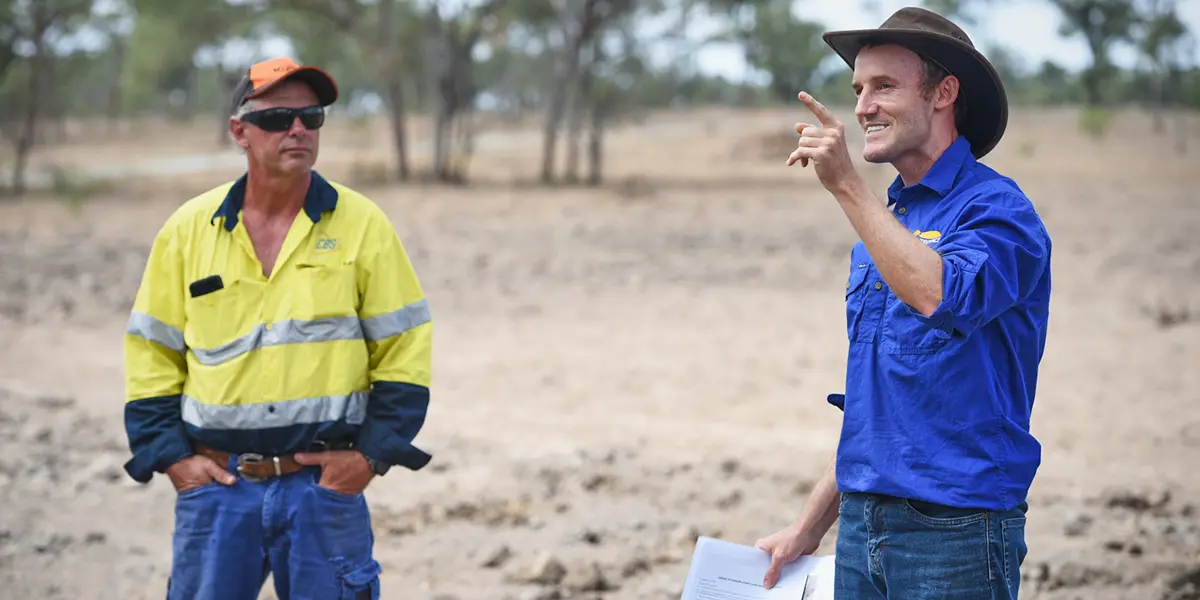

Landholder experiences with NQ Dry Tropics Exploring New Incentives Program
The Office of the Great Barrier Reef (OGBR) is funding a CSIRO and James Cook University (JCU) collaboration to investigate motivations and barriers to improved land management practices (ILMPs) on grazing properties in GBR catchments.
Findings from the study will help policy makers in their future decisions and activities related to improved land management practices for water quality outcomes. Working with NQ Dry Tropics, landholders who had recently engaged in the Exploring New Incentives (ENI) program were asked about:
1. The types of activities the ENI program had supported them to trial.
2. What they expected and what they experienced when working with NQ Dry Tropics and trying the new activity on their property?
3. What helped to engage with NQ Dry Tropics and try the new practice and what could be improved?
4. What they would like to do in the future and what they needed to support them making changes in the future?
This fact sheet provides a summary of key findings from these February 2021 discussions.

What types of management practices did landholders try with the support of the ENI?
- Pregnancy testing technology.
- Water telemetry.
- Weed management infrastructure (weed wiper, weed mister).
- Fire management planning.
- Flora and fauna surveys.

What did landholders expect?
- Landholders were generally concerned about whether the practice change would generate the expected outcome on their property.
- Due to past interaction with NQ Dry Tropics, landholders held high expectations about their engagement with NQ Dry Tropics through the ENI program.

What did landholders experience?
- Landholders reported expected, or better than expected, results from the practices with practices generating:
- time savings (for example, less time required to check water troughs and tanks);
- improved farm business management (for example, better herd management through accurate pregnancy testing); and
- greater flexibility in business operation (for example, weed application technology enabled weed spraying all types of weather).
- Landholders generally reported a positive experience when applying for funding, implementing the practice change and following up with NQ Dry Tropics.

What helped in the process of trying new practices?
- A straightforward process to apply for financial support with detail only around what the landholder wanted to do, how they wanted to do it and what the potential business and water quality impacts could be.
- Financial support to cover the capital expenditure. This enabled landholders to trial the practice/equipment on their property without risking losing money if the practice/equipment was not suitable to their property or business model.
- Having an established and ongoing relationship with the same extension officer helped landholders find out about the ENI program, apply for funding and feel supported as they trialled the new practice/equipment.

What would they like to do in the future?
- Most landholders expressed a desire to improve stock management across their paddocks through:
- additional and strategic water points (and water telemetry);
- splitting and fencing for smaller paddocks; and
- better weed management for better pasture.
- There was also interest in further improving land management through:
- better understanding of flora and fauna o n the property and in the region and management to support these (such as use of fire).

What makes this challenging?
- Climate and seasonal issues. The type of season that you experience impacts on how much cash you have to invest. Season may also impact on if the new practice or initiative can be conducted (may be too wet or too dry).
- Time available.
- Available labour (especially on a small family farm).

What would support landholders to make these changes in the future?
- Funding to enable further trialling.
- Flexibility around deliverables to take into account poor seasons, labour constraints and unplanned challenges such as poor health.

What else could be done?
Landholders are proud of what they have achieved and keen to share the lessons learned.
Supporting peer to peer learning between landholders could increase the lessons learned to the broader population and help engage more landholders in practice change programs in the future.

